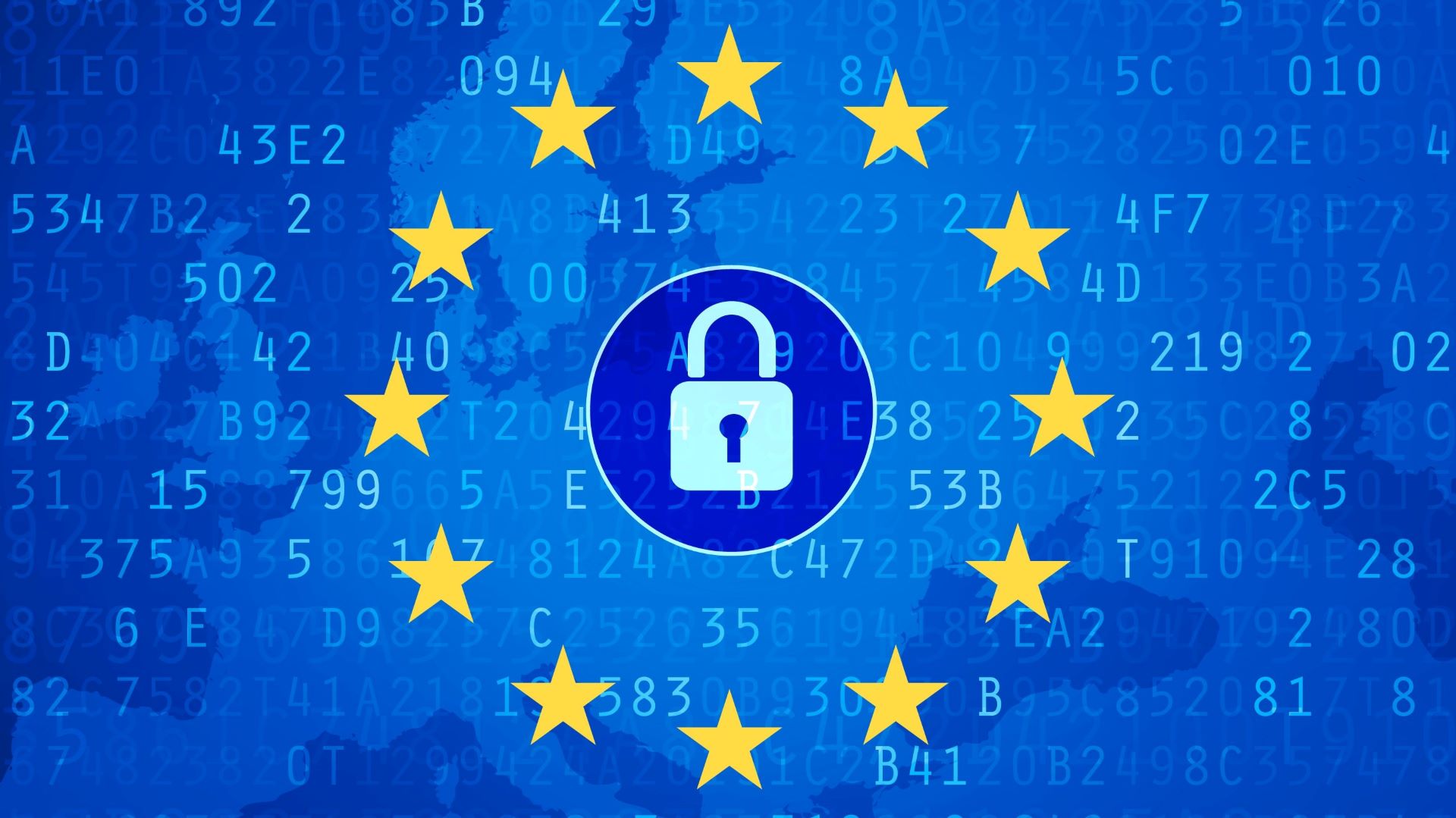Opposition against the controversial child sexual abuse (CSAM) scanning bill is growing ahead of a crucial meeting on September 12
Opposition against the controversial child sexual abuse (CSAM) scanning bill is growing among EU state members, just days away from a crucial meeting.
On September 12, the EU Council is expected to share its final positions on the Danish version of the so-called Chat Control. The proposal, which has attracted strong criticism so far, aims to introduce new obligations for all messaging services operating in Europe to scan users’ chats, even if they’re encrypted.
Both the Czech Republic and Belgium have now reportedly passed from being undecided to opposing the proposed law, according to the latest data, with the latter deeming the bill as “a monster that invades your privacy and cannot be tamed.” They add to Austria, the Netherlands, and Poland in criticising the proposal’s mandatory detection and encryption provisions.
What’s at stake for European’s encrypted communications?
(Image credit: Getty Images)
First unveiled in 2022, the Chat Control proposal has never been so close to becoming law, with a vote set to take place on October 14, 2025, and the majority of EU member states currently being its supporters.
On a more practical level, this means that the EU could be scanning your chats by October 2025 – no matter if they are encrypted.
The major point of contention, in fact, is the provisions around encryption, which is the technology responsible for keeping our communications private and secure. The likes of WhatsApp, Signal, ProtonMail, and even the best VPN apps all use encryption to scramble the content of users’ messages into an unreadable form and prevent unauthorized access.
If the Danish Chat Control text passes, all the multimedia files and URLs you sent via WhatsApp and similar services would have to be mandatorily scanned in the lookout for CSAM materials. Crucially, government and military accounts will be exempt from the scanning.
While the proposal mentions that cybersecurity and encryption should be “protected in a comprehensive way,” a wealth of experts, including tech developers, cryptographers, and digital rights advocates, have been warning that, as it’s intended, mandatory scanning cannot be done without weakening encryption protections. This will also make everyone de facto more vulnerable to cyberattacks.
At the time of writing, only seven countries remain undecided, namely Estonia, Finland, Germany, Greece, Luxembourg, Romania, and Slovenia.
If you’re worried about this proposal and wish to put pressure on your country’s MEPs, click here to take action within a few clicks.


